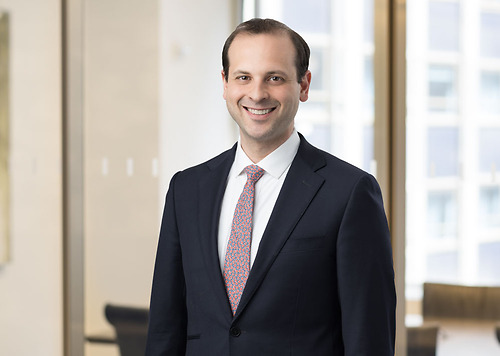New York Real Estate Journal published an article on May 30 authored by Olshan Real Estate partner Thomas Kearns and Litigation counsel Joseph Weiner entitled "Guaranty Law Held Unconstitutional" (by subscription).
On March 31, 2023, in Melendez v. City of New York, the Southern District of New York declared N.Y.C. Admin. Code § 22-1005 unconstitutional. That COVID-era law – enacted in May 2020 – rendered personal guaranties for certain kinds of commercial leases unenforceable if the tenant’s default occurred between March 7, 2020 and June 30, 2021. Three landlords commenced the action in July 2020 requesting that the court declare the law unconstitutional under the Constitution’s Contract Clause, which bars the government from impairing certain private contracts. The SDNY originally granted New York City’s motion to dismiss the claim, largely based on its determination that it was not the court’s role to second-guess the legislature. The Second Circuit reversed, sending the case back to the SDNY “to allow the parties to develop the record further” on certain features of the law that the Second Circuit believed to be problematic under the Contract Clause, including whether it is a “reasonable and appropriate” means to advance a legitimate interest of the city. In particular, the Second Circuit noted that the law (i) is not temporary, but permanently extinguishes the covered obligations, (ii) is not conditioned on whether the tenant had to shut down its business, or whether the business will reopen, (iii) allocates the expense to a discrete group (landlords), (iv) is not conditioned on need, and (v) does not compensate landlords for their losses.
Following remand, the plaintiffs moved for summary judgment, arguing that the Second Circuit’s opinion was clear and that there were no facts that could be uncovered during discovery that could alter its conclusion. Following discovery, briefing, and oral argument, the SDNY granted the plaintiffs’ motion and declared the law unconstitutional, ruling that the city had failed to submit any facts addressing the Second Circuit’s concerns. We expect the city to appeal the SDNY ruling.
The law was unusually specific in that it was limited to “natural persons” who were not the tenant and to instances where (i) the tenant was required to cease serving patrons food or beverages for on-premises consumption or was required to cease operation under the governor’s executive orders; or (ii) the tenant was a “non-essential retail establishment” subject to in person limitations issued by the governor, and in each case, the default occurred between March 2, 2020 and June 30, 2021.
Although the federal court’s decision is not binding on state courts, it is “useful and persuasive authority,” which the state courts will likely follow. We therefore anticipate that many commercial landlords will seek to recover from individual guarantors who were previously insulated from liability by the guaranty law.
Thomas Kearns is a partner in the real estate department and Joseph Weiner is counsel in the litigation department with Olshan Frome Wolosky LLP, New York, N.Y.
- Partner
Tom represents owners, operators and developers in the acquisition, financing, development, ground leasing, and sale of significant properties. His experience includes office towers, commercial condominiums, industrial ...
- Partner
Joe has substantial experience litigating a wide range of complex commercial disputes. He represents a diverse client base – media and advertising companies, real estate owners, commercial borrowers, investment funds ...


